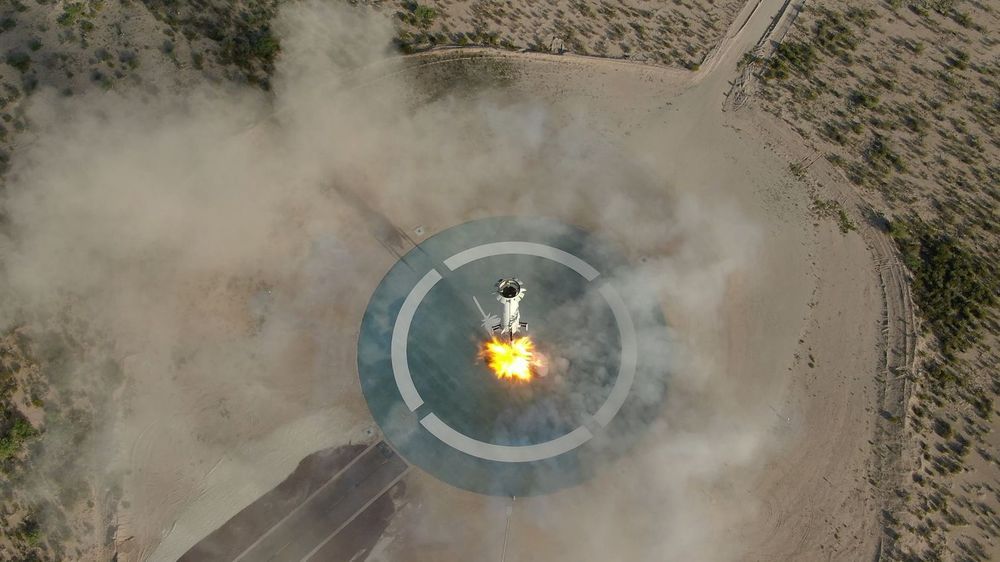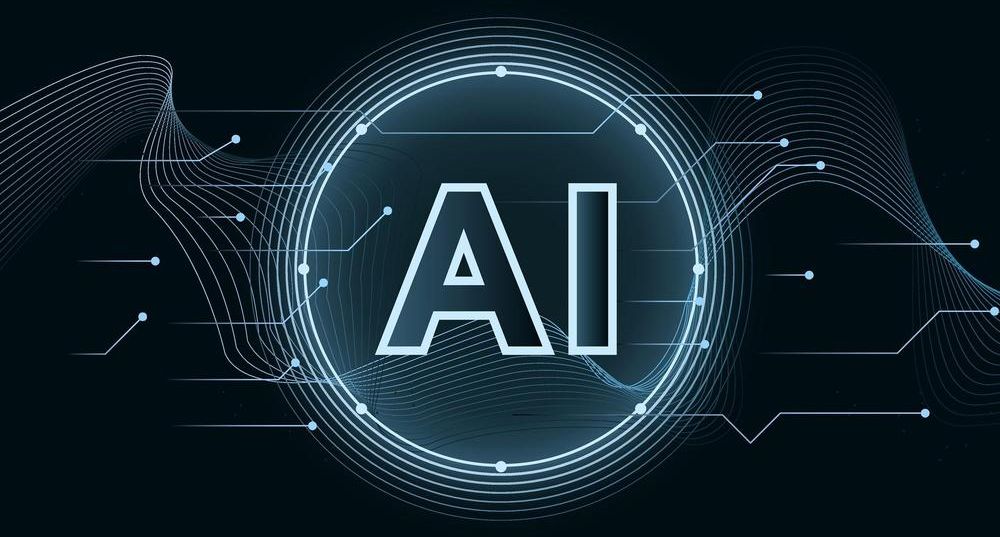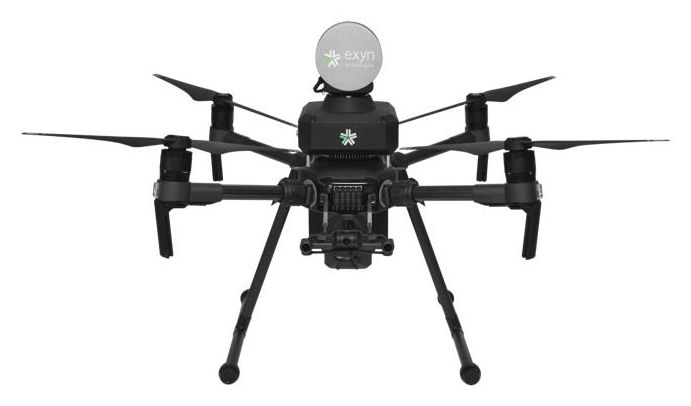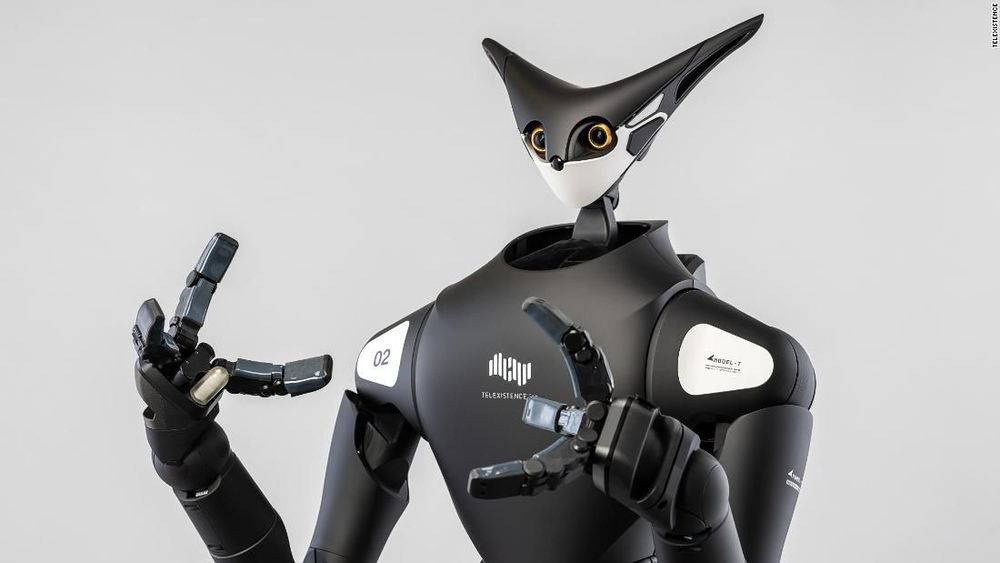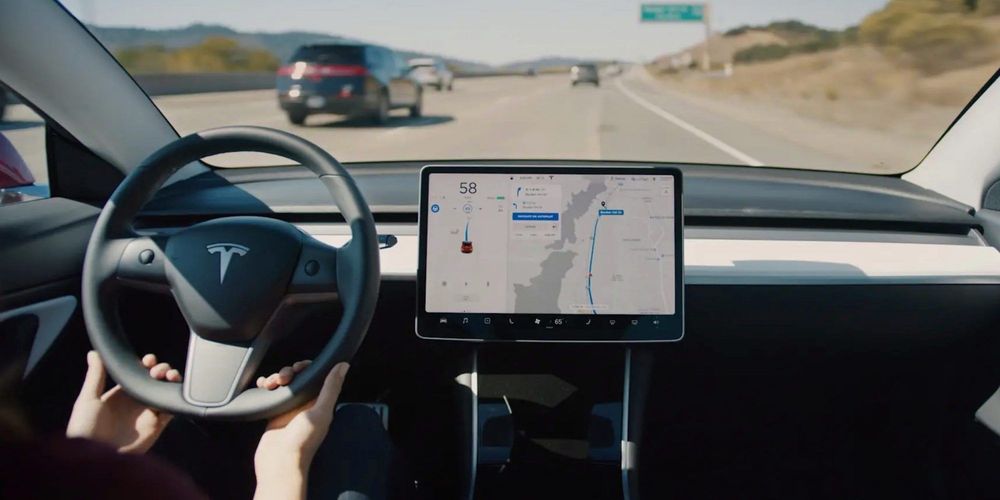
Recommending content, powering chatbots, trading stocks, detecting medical conditions, and driving cars. These are only a small handful of the most well-known uses of artificial intelligence, yet there is one that, despite being on the margins for much of AI’s recent history, is now threatening to grow significantly in prominence. This is AI’s ability to classify and rank people, to separate them according to whether they’re “good” or “bad” in relation to certain purposes.
At the moment, Western civilization hasn’t reached the point where AI-based systems are used en masse to categorize us according to whether we’re likely to be “good” employees, “good” customers, “good” dates and “good” citizens. Nonetheless, all available indicators suggest that we’re moving in this direction, and that this is regardless of whether Western nations consciously decide to construct the kinds of social credit system currently being developed by China.
This risk was highlighted at the end of September, when it emerged that an AI-powered system was being used to screen job candidates in the U.K. for the first time. Developed by the U.S.-based HireVue, it harnesses machine learning to evaluate the facial expressions, language and tone of voice of job applicants, who are filmed via smartphone or laptop and quizzed with an identical set of interview questions. HireVue’s platform then filters out the “best” applicants by comparing the 25,000 pieces of data taken from each applicant’s video against those collected from the interviews of existing “model” employees.
